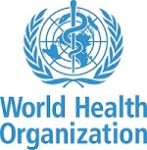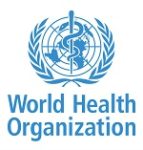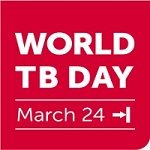Monkeypox: Introduction
Start: anytime, online course. Monkeypox is a rare virus transmitted to humans from infected animals, most commonly rodents. It can then spread among humans but there is no evidence to date that person-to-person transmission alone can sustain the disease in the human population. Symptoms are similar to those seen in past […]







